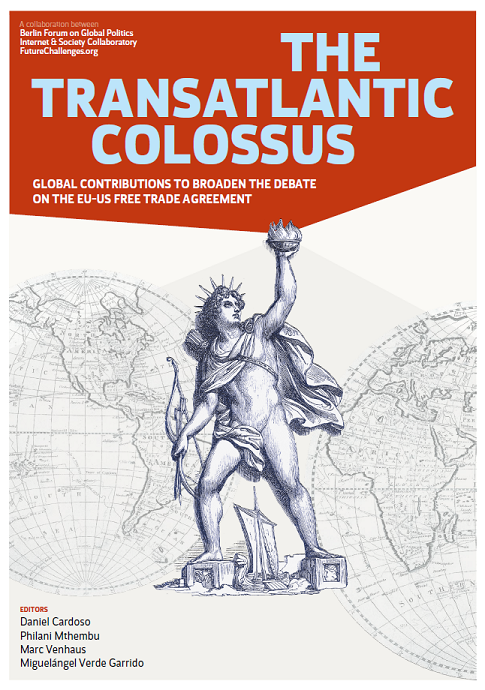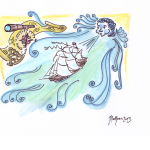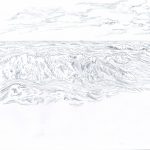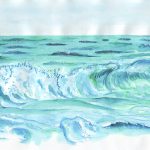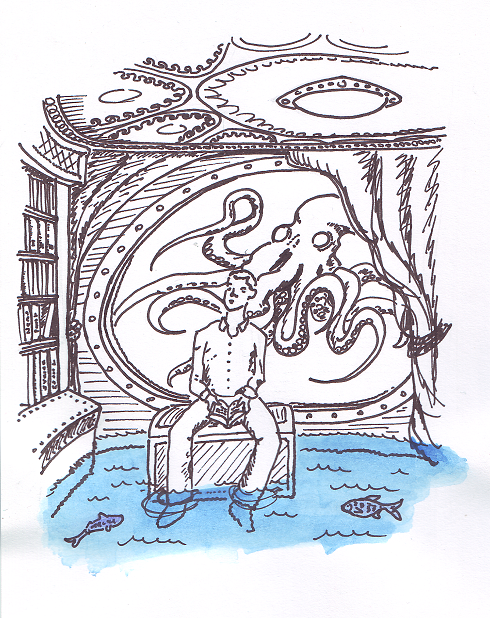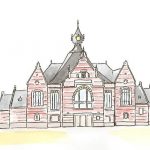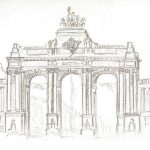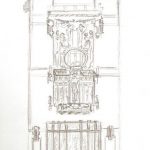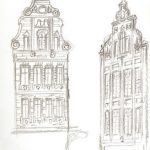New Entries in the Panthéon – France pays Tribute to her Female Heroes
France, 13 Feb – 26 Feb 2014
French government honours heroes of the Resistance ++ Strong resistance of airport opponents ++ Former mayor and tycoon in custody over vote-buying
by Matthieu Choblet
French government honours heroes of the Resistance
Last week, François Hollande made use of his presidential prerogative to name new entries in the Panthéon. The Panthéon, a former church close to the Sorbonne University in the famous Latin quarter of Paris, is the French nation’s monument to worthy historical figures. There lay the remains of Voltaire, Jean-Jacques Rousseau and Marie Curie, to name but a few.
The announcement of the new entries had been awaited with much anticipation. For long, feminist groups had urged the government to include more women in the list of honour. Indeed, until last week, of the 73 people honoured in the Panthéon, 71 were men. Hollande finally named two women and two men, who were all members of the French Resistance during Nazi occupation. By doing so the President also followed the advice of the National Monuments Centre.
These are the four nominees: Ms Germaine Tillion, an ethnographer who also campaigned against the Soviet gulag system. Ms Geneviève de Gaulle-Anthonioz (yes, she is related to the General) who joined the resistance at 19 and worked to fight homelessness in France after the war. Both women survived the concentration camp of Ravensbrück in Germany. The two men are the lawyer Jean Zay and the former Education Minister Pierre Brossolette.
The four ‘embodied the values of France when the country was beaten to the ground’, said Hollande on a visit to a martyrs’ memorial outside Paris. Tillion, de Gaulle-Anthonioz, Zay and Brossolette will soon be buried close to another important figure of the Resistance in the Panthéon, Jean Moulin.
Strong resistance of airport opponents
A heavy clash between riot police and protestors occurred in the western French city of Nantes. Shop windows were broken, bus stops destroyed, at least three police officers injured and fourteen protesters detained. The bone of contention is the government’s plan to pursue the building of the massive international airport of Notre-Dame-des-Landes (NDL), which will replace the relatively small regional airport of Nantes. NDL is also a pet project of today’s Prime Minister Jean-Marc Ayrault, who was Mayor of Nantes before joining the government in 2012.
This is not the first incident of violent protests against the new airport. However, most demonstrations had been located on the building site, far outside the city. The most recent clash in the city centre drew much more attention and alienated the government.
Among the protesters are farmers, environmental activists and committed citizens who criticise the extremely expensive project, as its usefulness is disputed. According to a survey, a 56 percent-majority of the respondents is opposed to the airport project, surpassing the 24 percent in favour.
Meanwhile in Paris, the Socialist Ayrault made serious allegations against his Green colleagues inside the coalition-government. As members of the Green Party they oppose the project, yet the government officially supports the building of a new airport. Facing Ayrault’s accusations, Green politicians distanced themselves from any acts of violence but kept an ambiguous stance on the so-called Ayrault-port.
Former mayor and tycoon in custody over vote-buying
Serge Dassault, billionaire, arms manufacturer, senator and former Mayor of Corbeil-Essonnes, a suburb of Paris, has turned himself over to the police. Previously, investigations had been delayed as the French senate initially refused to lift his senatorial immunity. Last week, 88-year-old Dassault finally agreed to an interrogation by the police’s anti-corruption agency in order to ‘prove his innocence’ as he said. ‘What I did in Corbeil-Essonnes is a marvellous thing’, stated a proud Dassault. He was referring to his accomplishments for the suburb’s economic infrastructure during his mandate from 1995 to 2009.
However, the successful entrepreneur and politician is suspected of setting up an extensive system of vote-buying during the mayoral elections in 2008 – already invalidated by the court – in 2009 and 2010. All these elections were won either by Dassault or by his successor, Jean-Pierre Bechter, who is also facing charges. At the core of the alleged vote-buying scheme was a secret staff of local petty criminals, whose duty was to steer the electorate of Corbeil-Essonnes.
‘Don’t forget that Dassault is paying for your traineeship and driving license,’ is what young potential electors claim to have been told. Whether all accusations are true remains to be proven. What is clear is that it was a marvellously profitable system for at least one of the involved. Investigations uncovered a transfer of 18 million euros to a Lebanese bank account which probably served to disburse Dassault’s special campaign staff.
* first published on Cosmopublic.eu *

